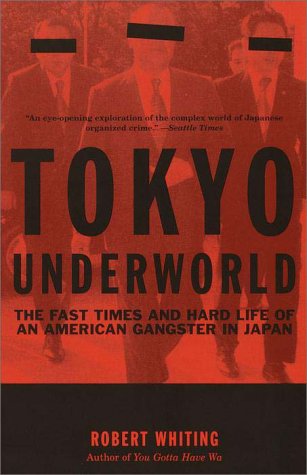George Leonard started off in the US Army, becoming a 'master' of flying bombers/jets and became a teacher in that field. After the Second World War, he stumbled upon Aikido, and soon fell in love with the martial arts. He has long since achieved several levels of black belt and started his own Aikido academy. The path of Mastery he describes is based on his own endless journey towards 'Mastery' of Aikido. Towards, not to.
Is this book about Martial Arts, or landing Fighter Jets? Of course not. This book is for anyone that ever picked up a tennis racquet, tried to learn a new business, learn a language, monetize their hobby, or get serious about their fitness. Pretty much anything you do, can be taken to the level of 'zen-like' practice. This word practice is very important. We're not talking about 'practicing free throws' or 'practicing Calligraphy', but practice as in, 'he's been practicing Medicine for 20 years in that same small town.' The word, not surprisingly, conjures images of wise old masters from the Shinto age, in deep states meditation.
And why would you want to treat your Golf swing like an Ancient Monk would?
Because that's the only way you'll enjoy it. And that's when you'll really get good at it.
Leonard describes how most people pick up a new hobby or sport (eg. Rollerblading, Cross Country Running, etc) and how people find various ways to get frustrated/bored in the very early stages, and give up. Mastery should then be redefined not as 'being perfect at something', but 'staying on the path' not just for a while, not just for a few years, but for the rest of your life. Leonard himself can be considered an Aikido master, but he doesn't think so. He still sees ways to improve, ways to be more focused, ways to be more in the moment.
He mentions the tireless dedication of NBA legend Larry Bird in his own 'practicing.' Often showing up to the gym 2 hours before anyone else, not just practicing shooting, but pushing the limits of what would be possible, even practicing lobbing shots in from the 5th row. Countless excercises--dribbling, shooting, passing--thousands and thousands of shots that no NBA fan would ever see. What could possibly push an athlete to do this? Fame? Respect? Money? Not likely, fame and respect were already achieved in college. Money as a motivator probably would have put Larry Bird in Law School, not the basketball court. At any rate, he had that a couple years into his career, and still outworked everyone on the court late in his career.
The truth is simple: Larry Bird (and Jordan, and Magic Johnson, and Kareem) wasn't motivated by external things. He really loved to practice. His excellence on the court was just a consequence of his pure joy during practice time.
Our obsession with results is the number one thing ruining our pursuits, and standing in the way of Larry Bird-esque results. So where does it come from? Turn on a television and you'll get a hint: as Leonard describes, our modern consumerist culture, as portrayed on TV, is a series of... ahem... 30 second climaxes (whereby a product solves all your problems in a moment of pure ecstacy), interrupted by 30 minute stories, easily solved by happenstance or dumb luck. Life is so easy. The message: 'If you can't figure something out in 30 minutes, it's probably impossible. And not worth it anyway.'
If you hate to learn, try new things, make mistakes, you will drop out as soon as you possibly can, or keep going for a long time with mediocre results. Consider this book the guide to cultivating a love and joy of practice, and that is the true key to excellence.




